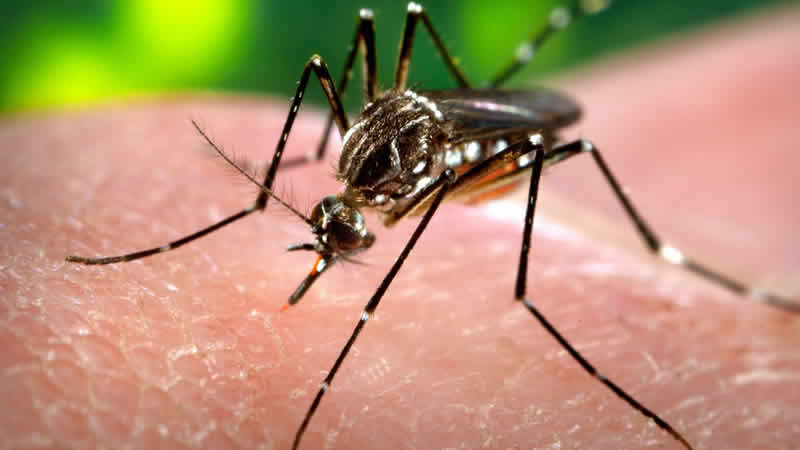Many Americans are unclear on key facts about the mosquito-borne Zika virus, which has been linked to birth defects and is of particular concern to pregnant women, US researchers said Tuesday.
[contentblock id=2 img=gcb.png]
The findings were contained in a nationally representative poll of 1,275 adults conducted by the Harvard University T.H. Chan School of Public Health in early March.

The survey included 105 households in which a woman was pregnant or was considering becoming pregnant in the next year. In those households, nearly one in four (23 percent) were not aware of the association between Zika virus and the birth defect, microcephaly, in which infants are born with unusually small heads. Thousands of children in Brazil have been born with the condition, sparking alarm about a virus that today remains poorly understood by global scientists.
[contentblock id=1 img=adsense.png]
One in five of these households said they believed a vaccine exists to prevent Zika, even though one does not and experts say such a vaccine will take years to develop. More than four in 10 (42 percent) did not realize Zika virus can be sexually transmitted. Furthermore, one quarter mistakenly believed symptoms were likely to be apparent, when in fact most of those who are infected show no signs of illness. Symptoms of Zika can include fever, rash, joint pain, pain behind the eyes and the eye infection conjunctivitis, sometimes known as pink-eye.
Read More: Zika Can Trigger Severe Neurological Disorder Study
Among the general public, misconceptions about Zika were also common, the poll found. Four in 10 said they thought Zika could be a danger to future pregnancies, while the US Centers for Disease Control and Prevention says Zika is believed to be a threat only to current pregnancies. Significant misunderstandings about how Zika is transmitted were also found. One in five (22 percent) did not know Zika could spread from a pregnant mother to her fetus, and more than a quarter (29 percent) were unaware it can be transmitted through blood transfusions.
[contentblock id=3 img=adsense.png]
A full 40 percent did not know it could be transmitted sexually. Nealy one-third (31 percent) thought, incorrectly, that Zika could be spread by coughing and sneezing. Nearly three-quarters of those polled (71 percent) were unaware of a link between Zika virus and Guillain-Barre syndrome, which can cause paralysis. “These misperceptions about Zika virus transmission could lead people to take unnecessary or inappropriate precautions, as we have seen in other kinds of outbreaks,” said Gillian SteelFisher, director of the poll and research scientist at Harvard. “We have a key window before the mosquito season gears up in communities within the United States mainland to correct misperceptions about Zika virus so that pregnant women and their partners may take appropriate measures to protect their families.”













